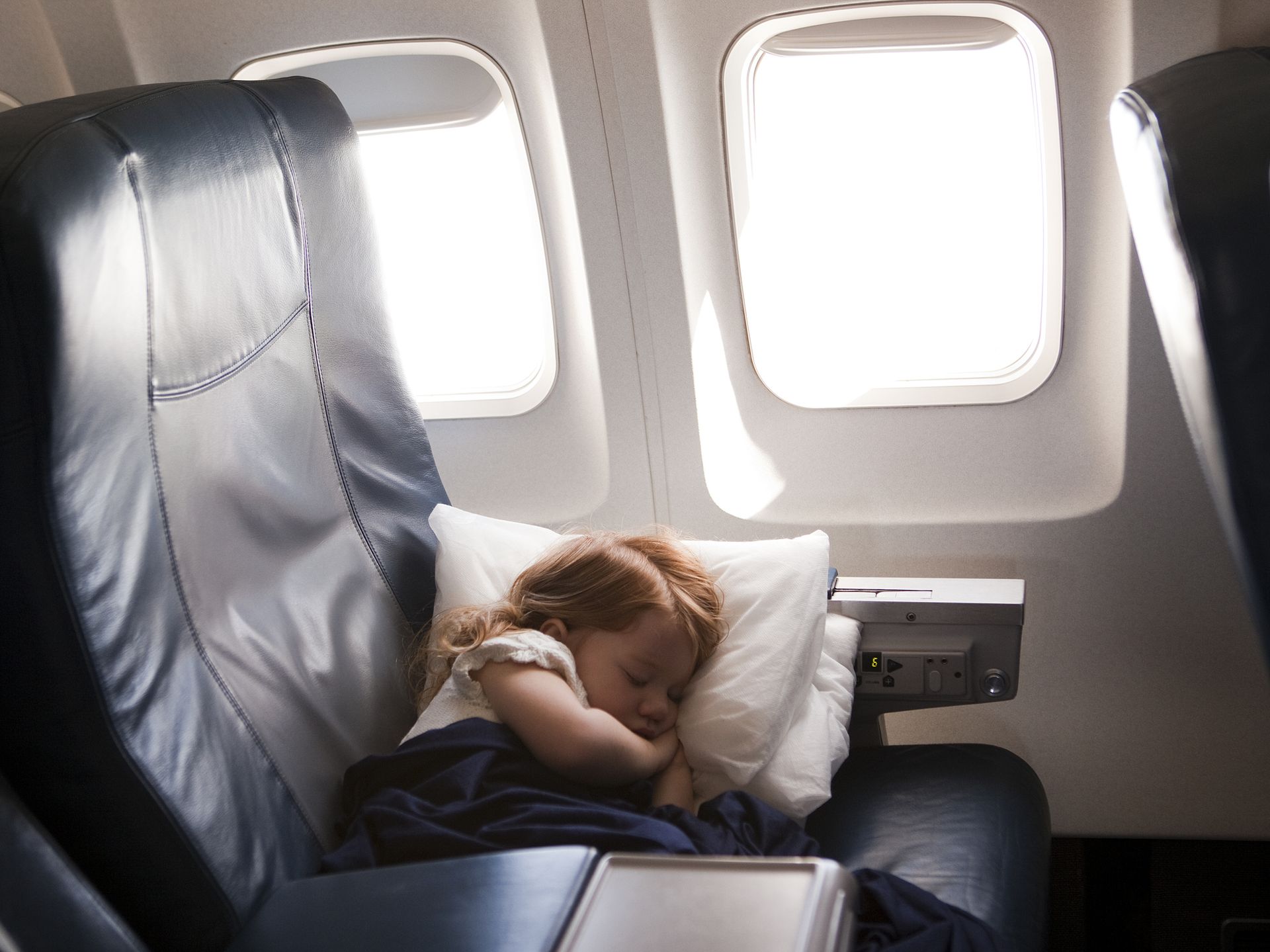United Airlines Aims to Reduce Boarding Time with New Method
United Airlines plans to implement a new boarding strategy designed to streamline and reduce total boarding time, as announced in an employee memo.
Introducing the WILMA Method
Commencing October 26, the airline will introduce the window-middle-aisle (WILMA) boarding method. This innovative approach will allow passengers seated in window seats to board first, followed by those in middle seats, and lastly, passengers with aisle seats in economy boarding Group 4.
Importantly, the existing boarding procedures will remain unchanged for first and business class passengers, those with priority boarding, customers with disabilities, unaccompanied minors, active-duty military personnel, Global Services members, and families traveling with children aged two and under.
Background on the Decision
The decision to implement the WILMA boarding method arises from a noticeable increase in boarding times—up to two minutes—since 2019. Testing conducted on four domestic routes and one hub indicated that this method could significantly quicken the boarding process, thereby improving the airline’s Net Promoter Score.
Historical reports suggest that the WILMA boarding concept has been around for over a decade and is recognized as one of the most efficient boarding methods available.
Trends in Air Travel Costs
Currently, domestic round-trip airfare is averaging $257 per ticket, reflecting an 11% decrease compared to the same period last year and 2019 according to Hopper, an online travel resource. As we approach the holiday season, average ticket prices are expected to peak around $283 in late November and early December, which is a popular travel time.
Travel Tips and Resources
For those preparing to travel this holiday season, browse various travel websites to discover deals and save money on your journey. Moreover, understanding the latest trends in airfare can provide valuable insight into potential savings.




